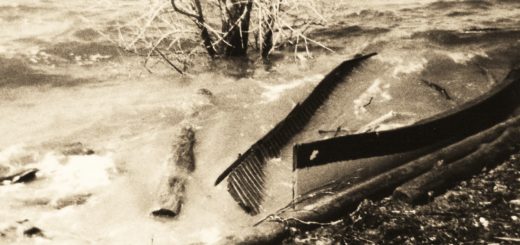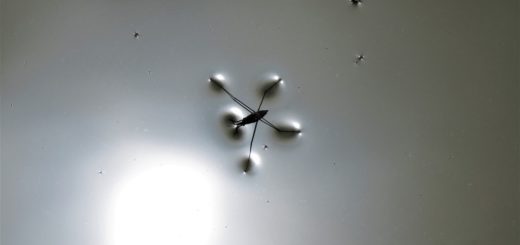Two Reflections on the Limits of Politics
The political problem.— If the best people — the most talented, most thoughtful, most learned, most dedicated, most nobly motivated — went into politics, the world would be almost exactly the opposite of what it is right now. But the best people, by definition, will never enter politics — or if they do, will fail and come to despise themselves. For “best,” in the human realm, means “supra-political.” The best men are those who think, largely eschewing practical engagement, whereas politics is essentially a realm of nothing but precipitous action. The rare exceptions to this would be those higher men who define themselves as founders of new nations, particularly in advisory and theoretical roles. In other words, men of great worth, to the extent they are inclined to political life, are most likely to engage in what we might call meta-politics, which is to say politics occurring outside of, or in the absence of, any established political structure. Once an establishment has been formed, such men will of necessity retire from the arena, or be diminished by their unwillingness to do so — thus leaving the long-term management of the nation in the hands of lower men, which will inevitably mean small men, weak men, vicious men.
How clever we are.— We are the most educated people in world history, they say, and they may be right. But, since all learning is necessarily miniscule set against the totality of the knowable, all education is necessarily highly selective. Thus, the salient question is not, “How much have we learned compared to past generations?” but rather, “What is the specific content we have set about teaching ourselves, compared to past generations?” For the primary realm of knowledge in which we have chosen to make ourselves so widely and deeply educated today is how to be an efficient and satisfied slave.
In light of this, I cannot help but wonder whether there might have been some advantage in the old style of ignorance. For even to be under-educated in liberal and noble ideas (how to live free, how to resist the mob around us and the mob within us, how to love what is useless) seems preferable to today’s all too perfect education in the principles and practice of submission (how to occupy the wasted hours pleasantly, how to accept one’s station passively, how to remain comfortable through any form of indignity).



